Notion Mapper
13 May 2020 in projects
I’ve been loving quarantine because I feel like I can finally learn new skills and work on projects that I’ve been neglecting. I haven’t coded in quite some time, and wanted to challenge myself to do something fun and get back into it. With my new job, I’ll be moving away from a strict product management role, so I also wanted to refresh my PM skills by writing up a PRD for this project.
I believe in designing apps to solve problems you face in your personal lives, so as a foodie and avid Notion user, I created a tool that automatically maps rows in your Notion database. Here’s an excerpt from my PRD that explains the project:
Context
People on the internet are constantly inundated with information from different sources. Our lives are increasingly cross-platform — an instagram account here, a reddit account there, and everything in between. With a large spread of sources, it’s hard to consolidate and unify information in one place, which is a pain point that is relevant for all internet citizens. Like many others, I have turned to Notion as a reliable way to document and collect information across all these platforms. As a die-hard foodie, I’ve been using the Notion web clipper to note down restaurants I want to try, but it’s hard for me to visualize the location of restaurants through a table or list. Although I could manually add restaurants to a Google Maps collection and view it that way, it takes way too many clicks to do that. Consistency is achieved through simplicity. To solve this, I created this application that allows users to clip restaurants through Notion and have it automatically be plotted on a Google Map for simple data collection, access, and visualization.
Goal
The goal of the app is to automate and simplify an otherwise complicated user flow. It bridges the gap between applications such as data sources (Instagram, Reddit, blogs, etc), data collection tools (Notion database), and data visualization tools (Google Maps). It allows users to see their data from different sources in one unified layout.
I currently use this tool for mapping my favourite restaurants, but will definitely use this in planning future vacations and trips. I can then embed the map back into Notion, which lets me interact with the map and the database simultaneously.
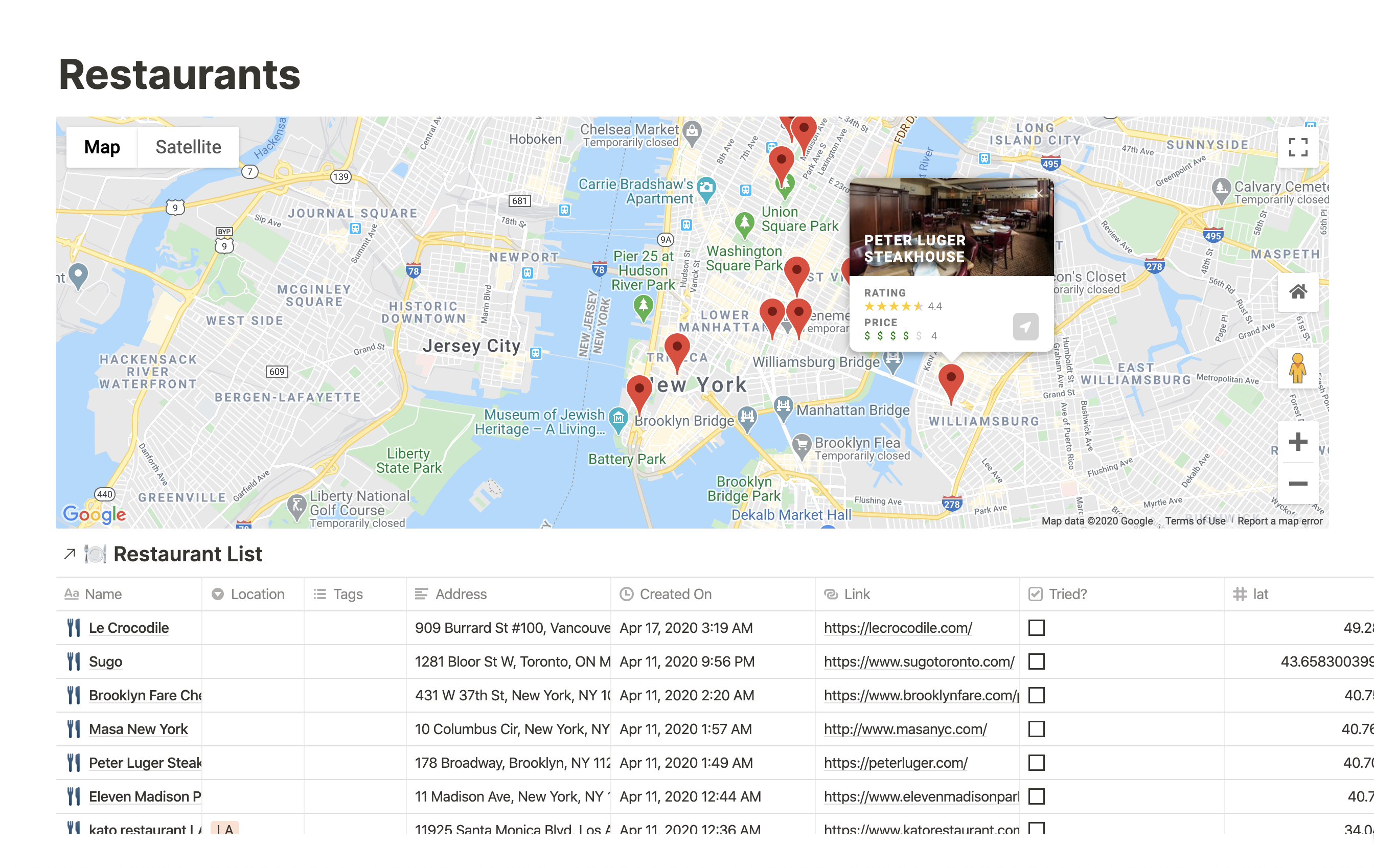
You can check out the app at food.mchen.co. My full PRD below explains the app, the design, and tech stack. Code is on my github.
Why SheHacks?
26 March 2018 in shehacks
In founding this event, I asked and received a lot of questions: What value prop does SheHacks have amongst a sea of hackathons? Why is this event girls only? Is inclusion by exclusion paradoxical and counter-productive?
It’s irrefutable that tech has a gender diversity issue. Objectively, there are more males than females, nothing to argue about there. Things get a bit hairy when you ask why we should strive for more diversity or how we should get there. Without diving too deep into the wormhole of identity politics and affirmative action, let’s evaluate SheHacks on its own and try to answer these questions.
A while ago, I spoke to a VP of Engineering asking why there was a gender diversity issue at his company. His evaluation was two-fold: 1) The supply of women applying for jobs is far less than men and 2) Of these women, many lack the required experience in comparison to men.
SheHacks is designed to solve these issues.
This is the value proposition of SheHacks: an introductory + intermediary hackathon for girls to experiment with technology, build confidence, learn new skills and build side projects so that they feel more secure in applying to hackathons and jobs in the future. The girls-only environment is necessary to create a safe, experimental space — if it wasn’t, we’d see SheHacks’ statistics represented across all hackathons. In no way is SheHacks intended to replace hackathons, or create false realities regarding diversity in the tech industry. Instead, it should inspire women to attend more diverse hacakathons in the future.
A few #TODO goals for me:
- publish the good and the bad: lessons learned from organizing SheHacks II
- share the post-event report here!
- grow the wits exec team
- scale shehacks even more
SheHacks 2
26 March 2018 in shehacks
150 girls. 25 sponsors. $5000 in prizes. 12 hours. 1 hackathon.
This past weekend, my team and I at Women in Technology Society hosted the second iteration of SheHacks — Western University’s first all-women’s hackathon. On March 25th, 2018, we welcomed girls across Ontario to experiment with technology in a supportive environment with workshops, mentors, and prizes.
I’m SO proud to say that the event was a resounding success. On the corporate side, we received overwhelming support from sponsors like Scotiabank, stdlib, Coinsquare, Deloitte Digital, Palantir and more, dwarfing our original sponsorship goal by over 450%. On the student side, we sold out of our expected capacity of 80 people within two hours of product launch. Subsequently, we doubled capacity to 150 — but that still wasn’t enough. We ended up with over 400 people on our waitlist, over 45k people reached on our Facebook campaign, and a viral event that quickly rose to become a household name.
Clearly, there is so much demand for an event like this. Of the 150 attendees, over 90% had never attended a hackathon before and over 77% came from non-technical backgrounds. But at the end of the day, we received over 33 project submissions in complex topics like blockchain, web dev, python, api integrations. An impressive accomplishment for first-time hackers working with a 12h time limit.
Out of the few things in life that you can call your own, I can sincerely say that SheHacks is my baby. This is an event that I founded with Selin Acar, my WITS Co-President last year and a genuine friend of mine. The inaugural SheHacks kicked off with 3 sponsors, 60 hackers, $1000 in funding, and a (memorable, exhausting) single day of planning.
SheHacks has become the face of a revolution. Although I barely slept for a few weeks and got recurring nightmares about writing emails, heading this event has been the most rewarding experience in my life.
To me, SheHacks is an opportunity to share the joy of technology with young women.
To you, I hope SheHacks showcases the hidden talent of girls who just needed a little push to bring it out.
How to Share With Just FriendsHow to share with just friends.
Posted by Facebook on Friday, December 5, 2014
Read about other perspectives:
psssst, pass it on
28 January 2018 in irl
Over the past few months, I’ve had the opportunity to speak in front of a number of audiences.
Back in December, I spoke as a panelist at the Girls in TE Career Talk event, where I got to share my journey in tech with a number of local high school students.
More recently, my club, Women in Technology Society, hosted a Breaking into Tech event with Google. I spoke a little about my experience merging my two interests, business + tech, and how I translated it into a PM position.
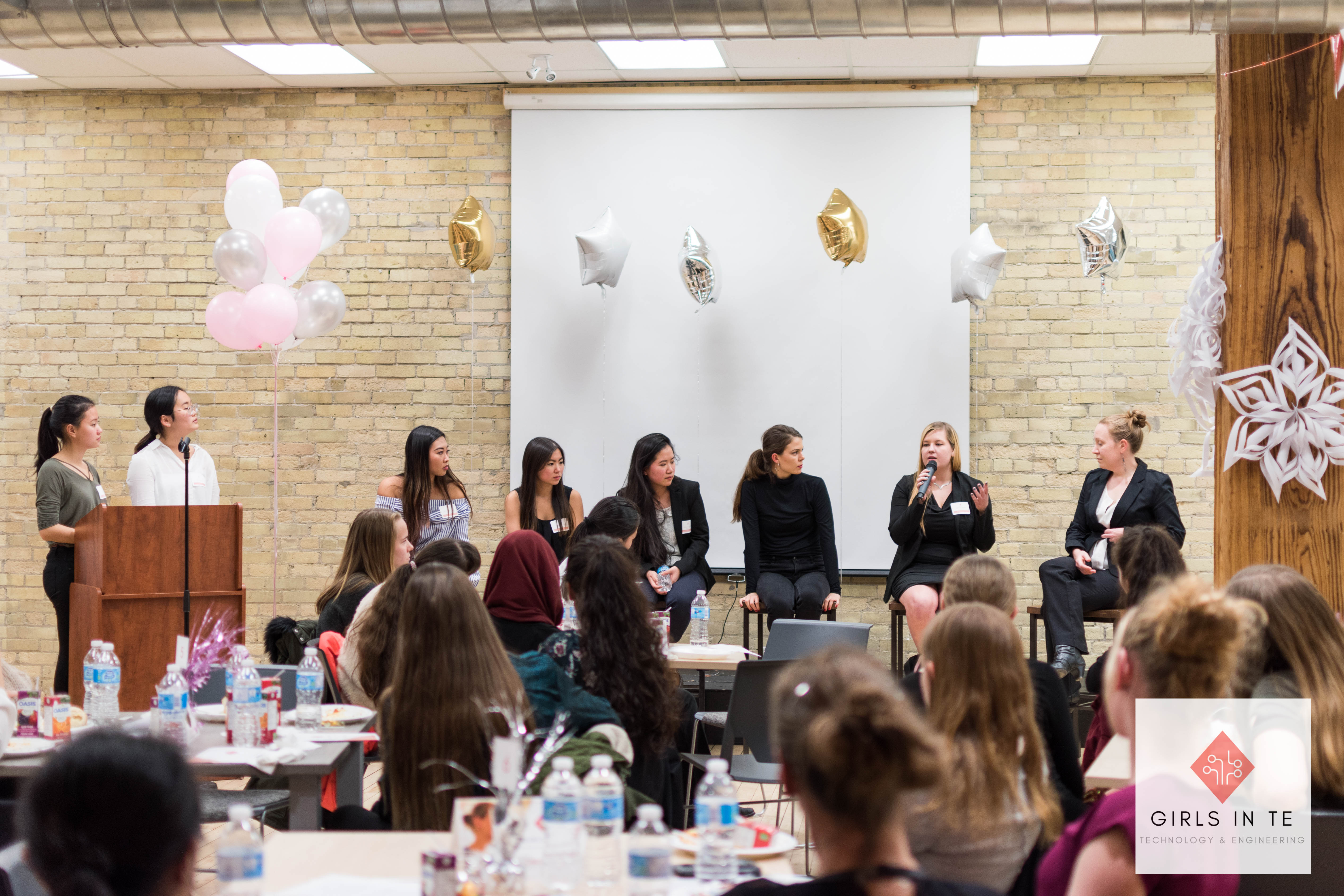
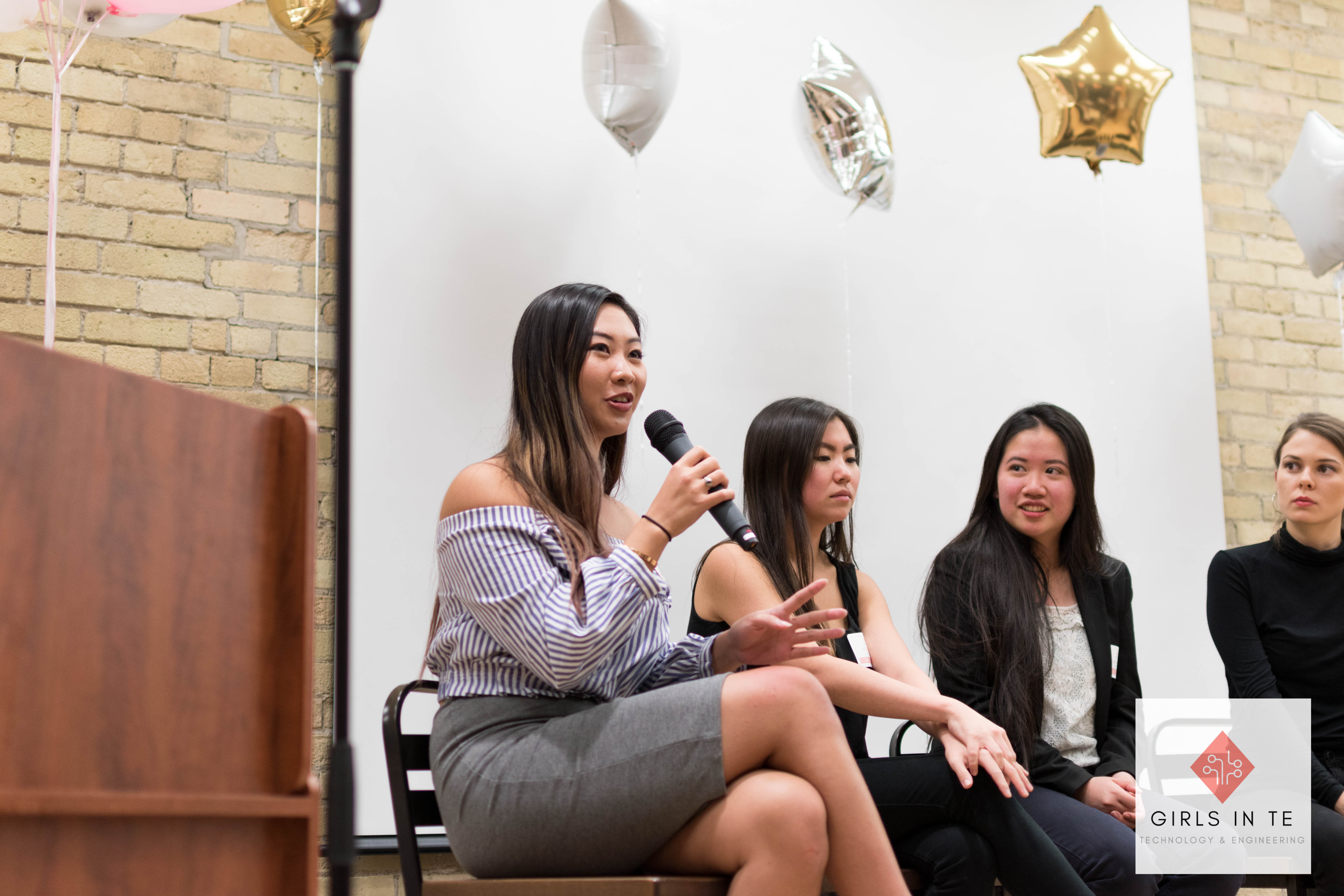
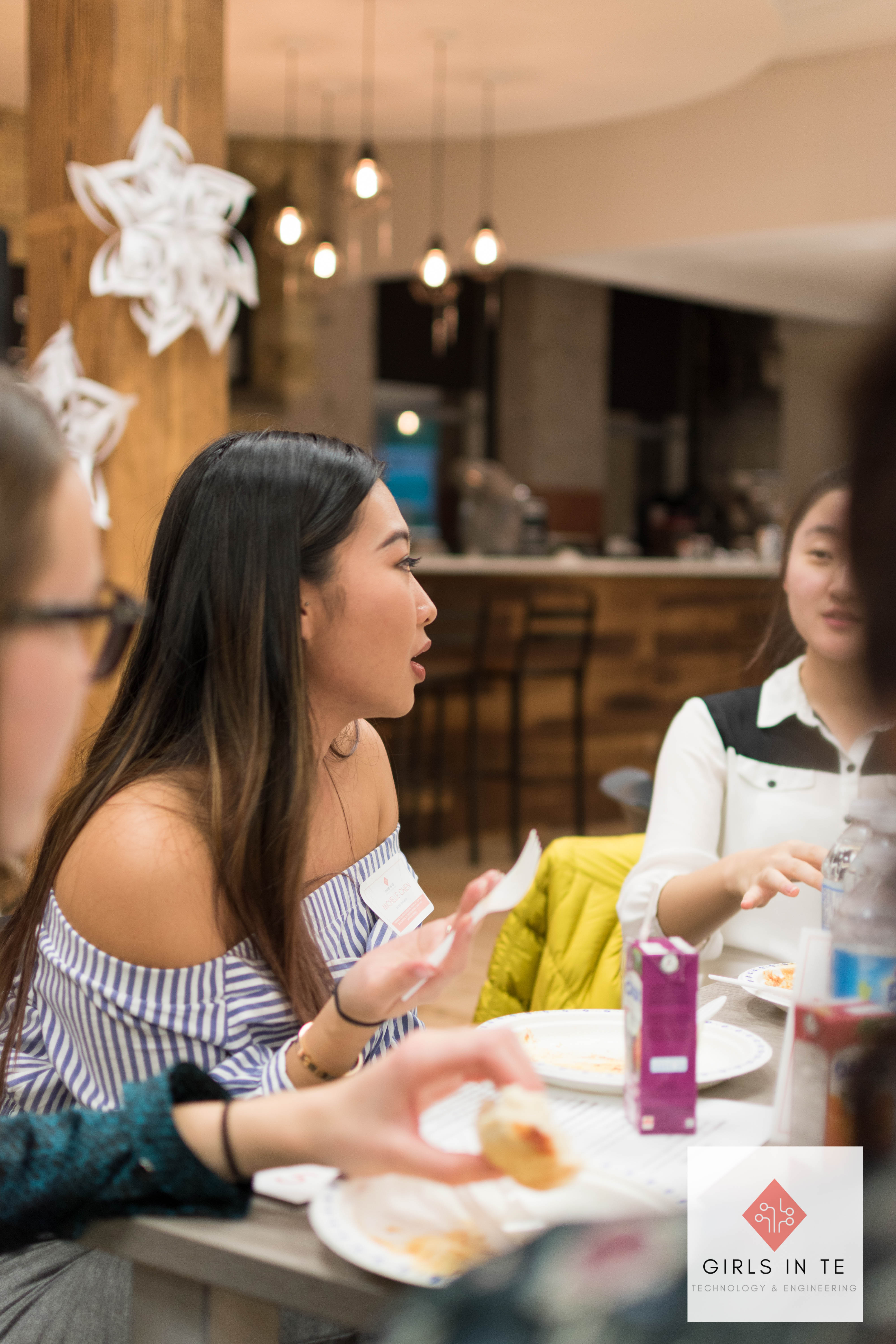
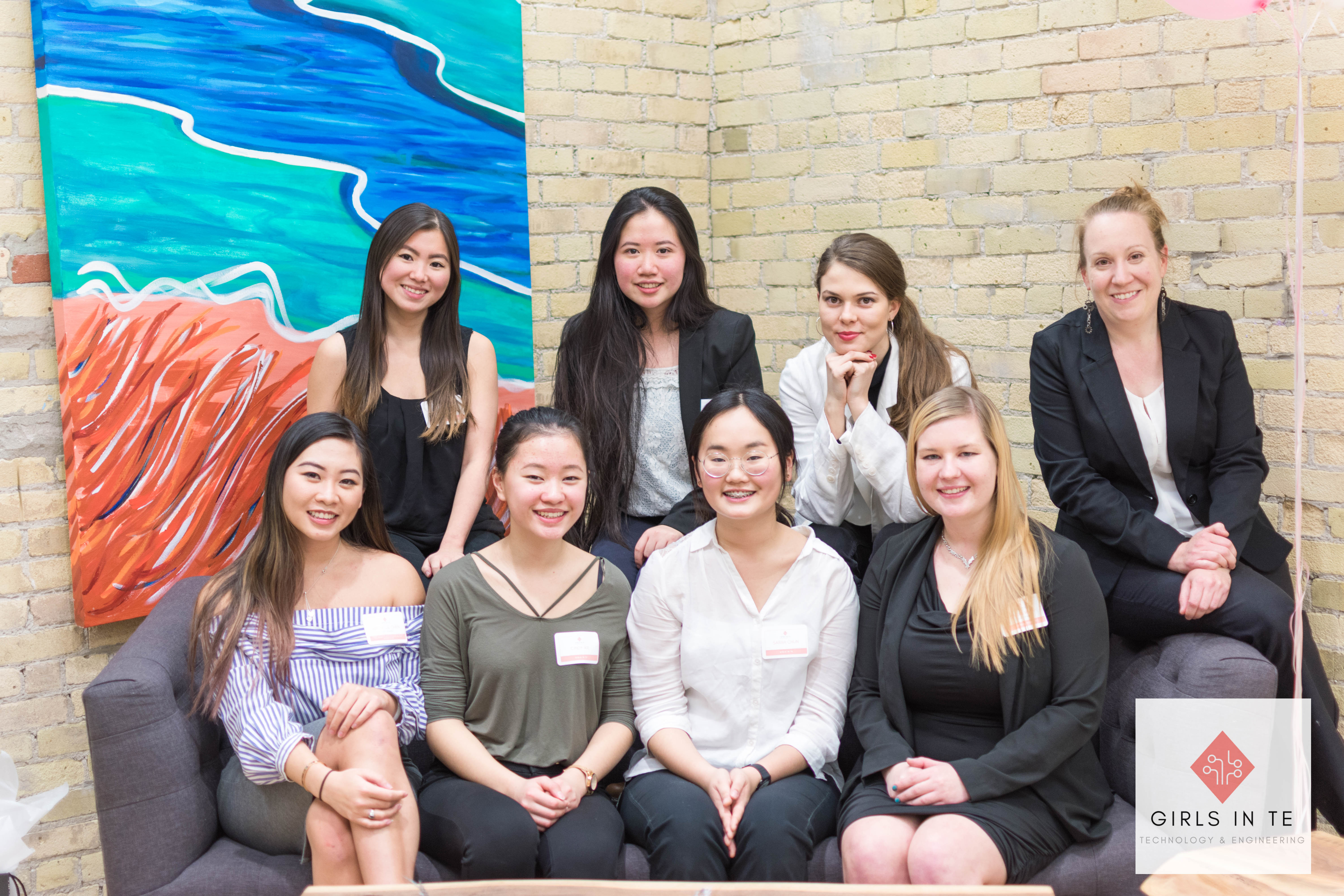
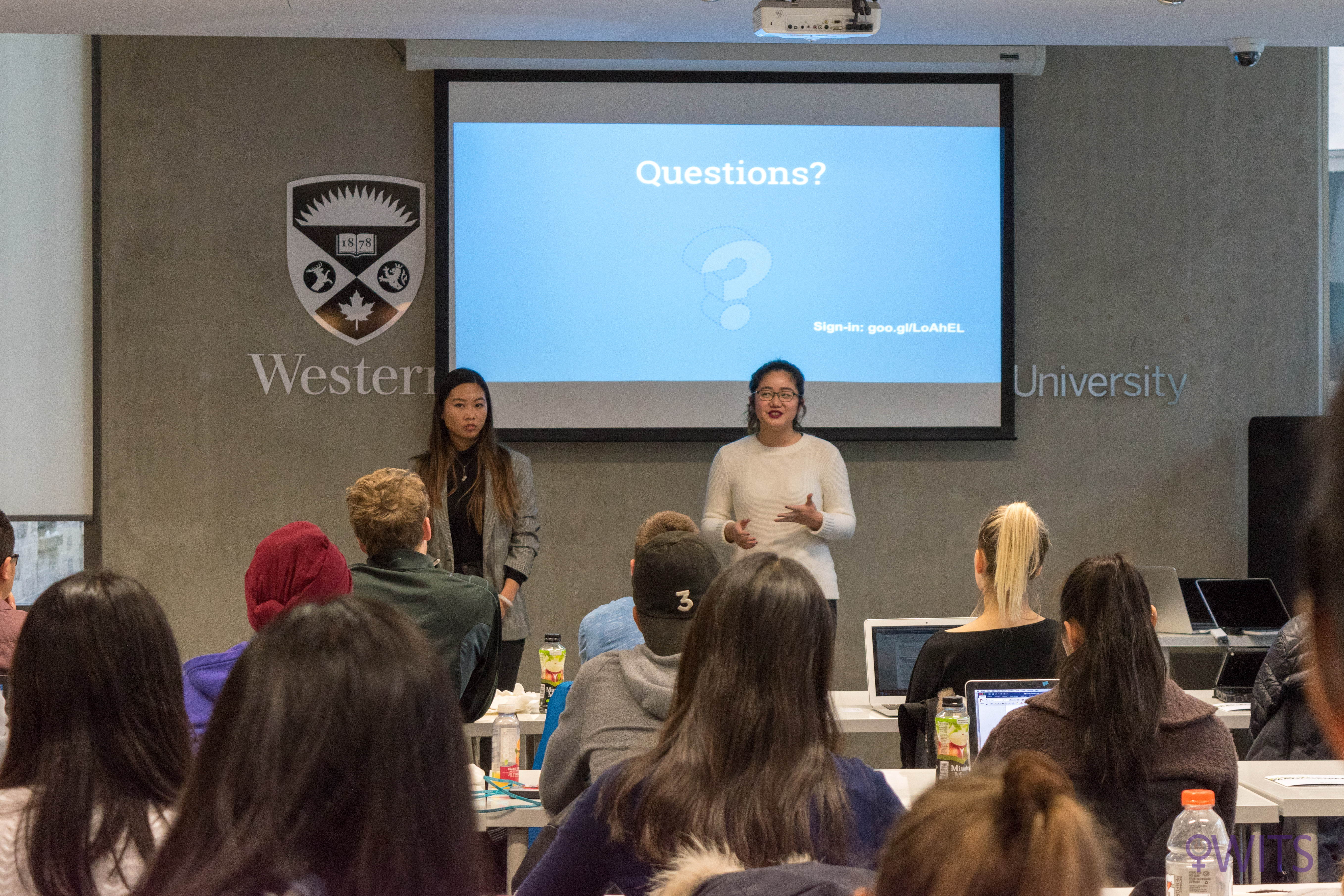
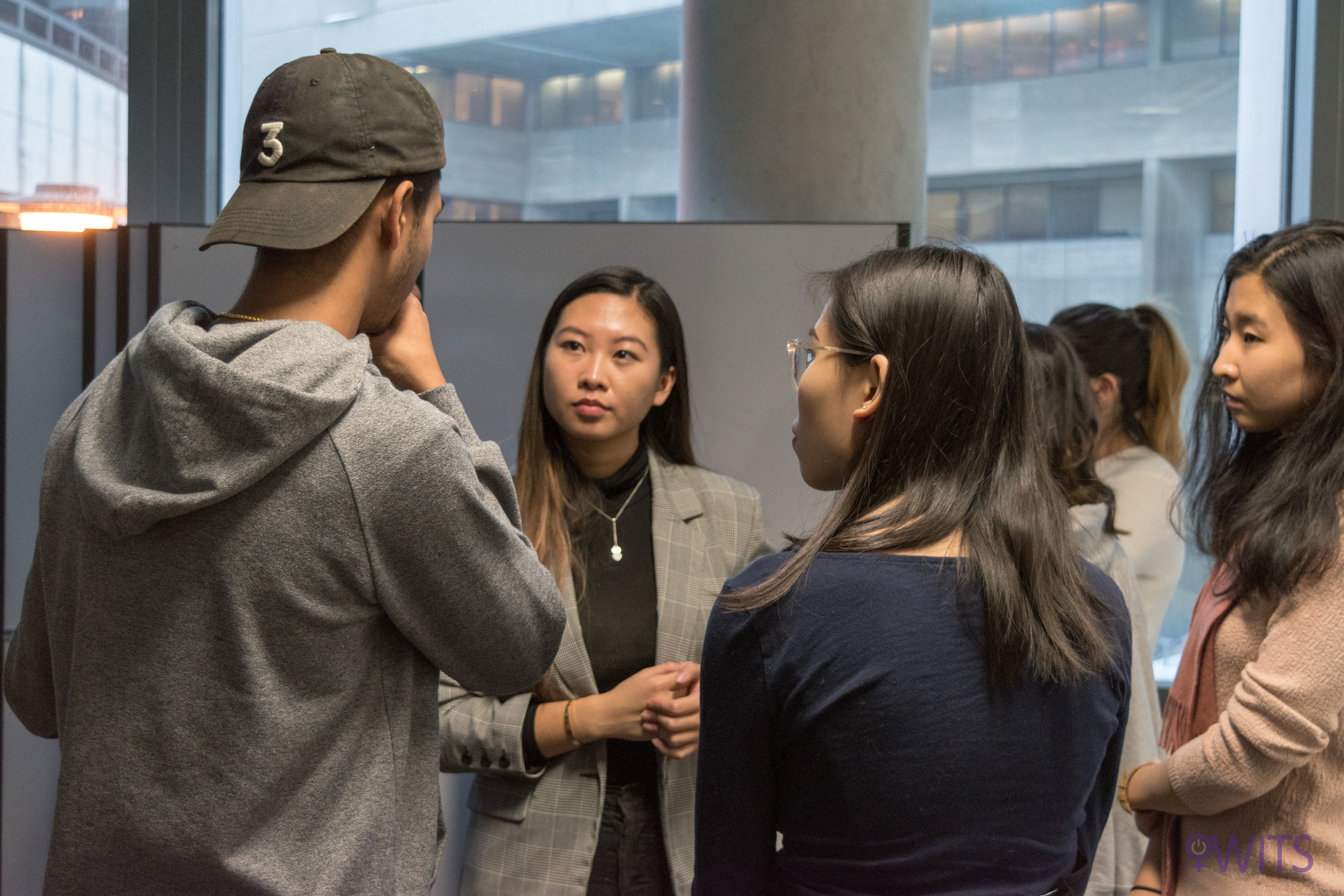
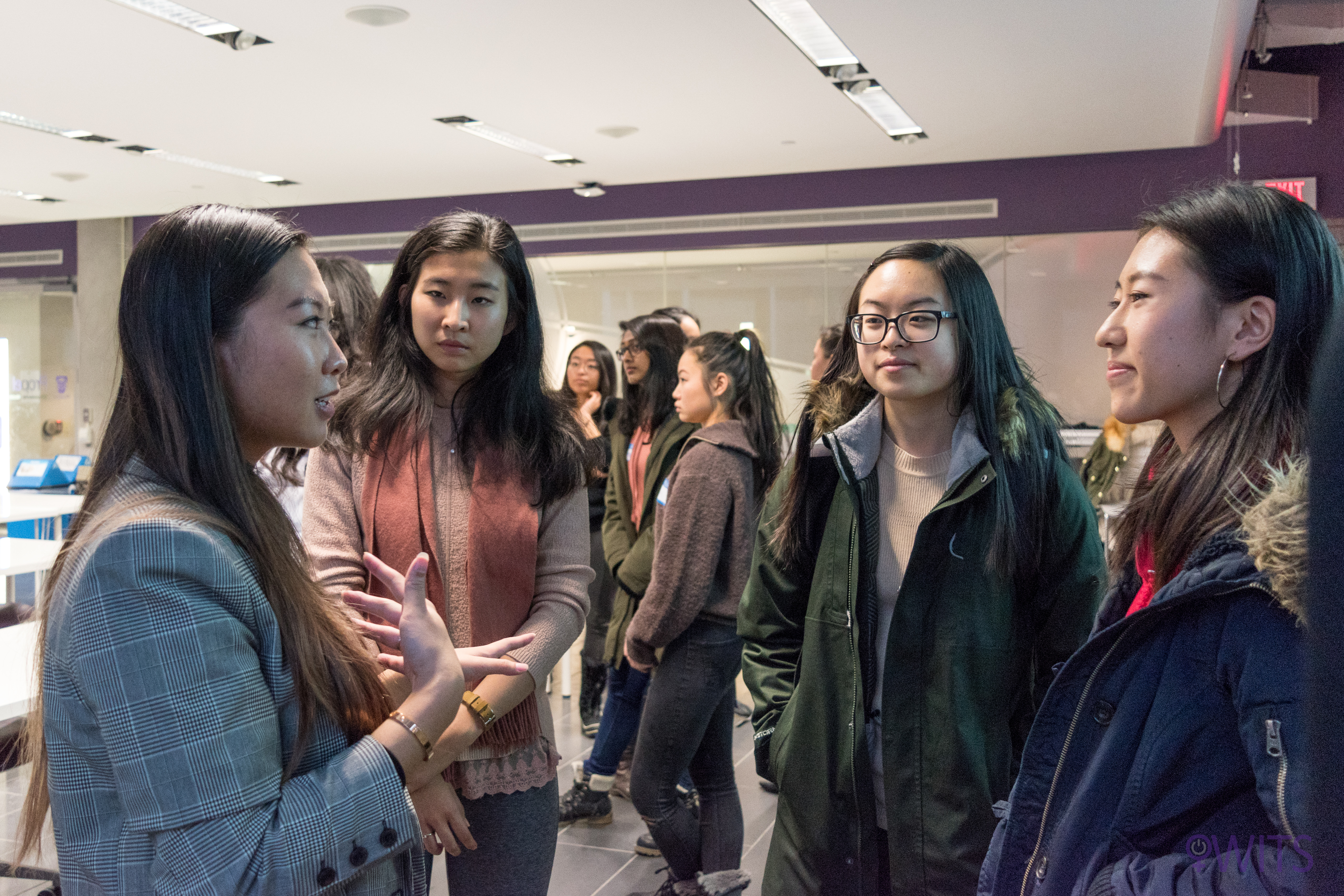
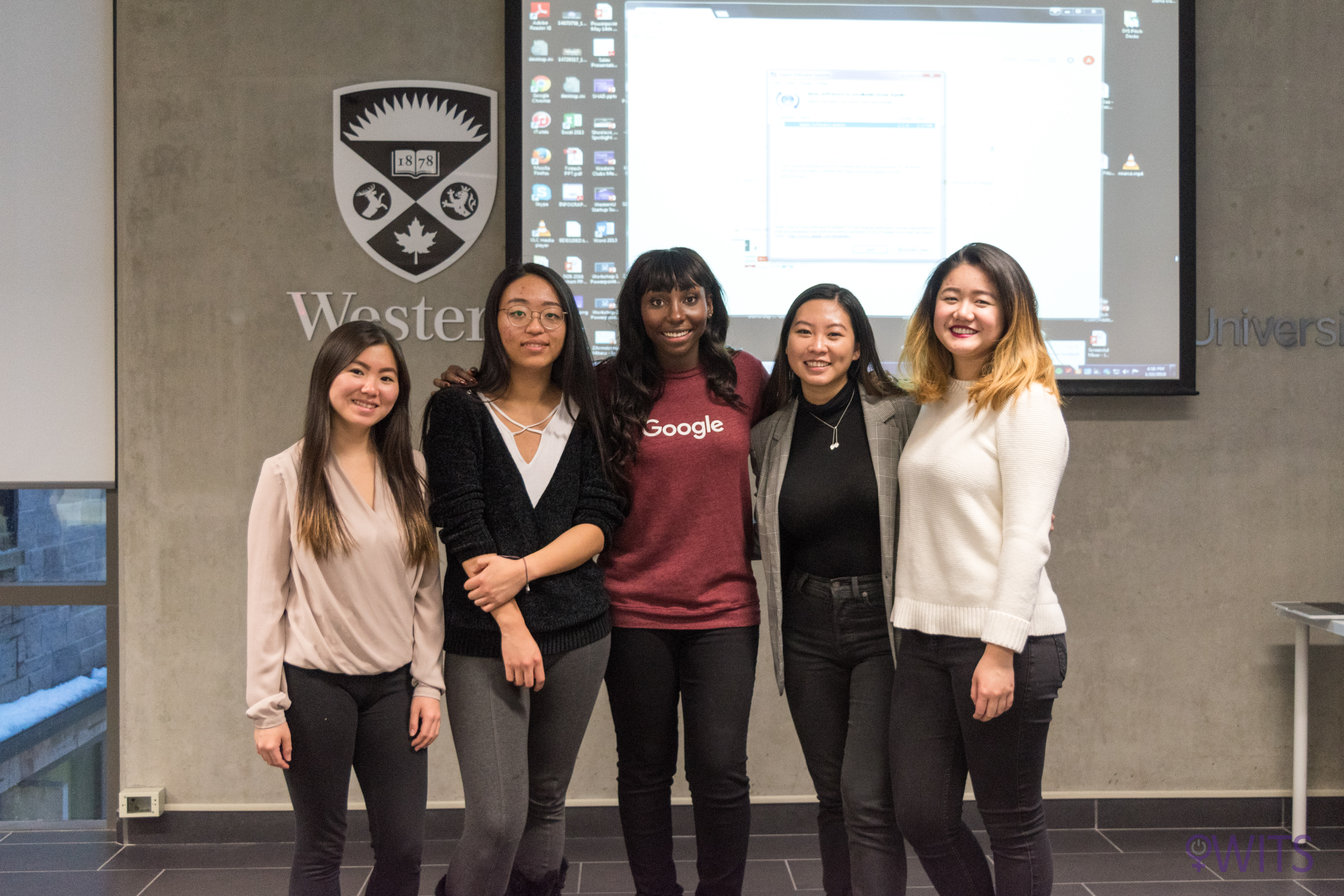
a (long-awaited) life update
27 January 2018 in irl
Excited to say that I’ll be joining Microsoft as a PM for their Garage program this May!
(recommend me things to do in vancouver)